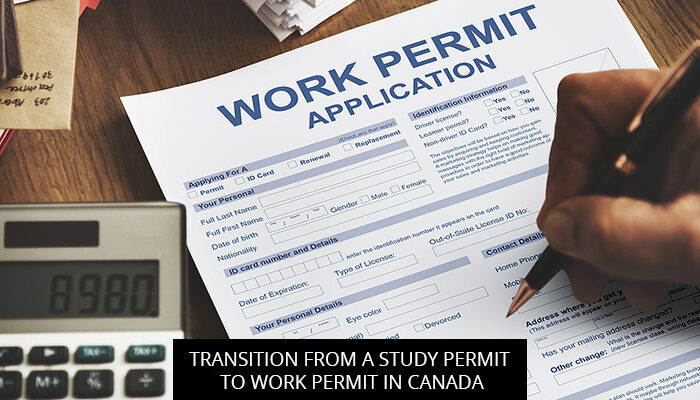
When you rent out a living space to anyone in Ontario, you are subject to the Residential Tenancies Act 2006, S.O. 2006, c. 17 (RTA). The RTA administers most residential tenancies in Ontario. The disputes related to residential tenancies are dealt by the Landlord and Tenant Board (LTB).
Small landlords often get into hot water simply for a lack of knowledge. Here are some words of advice on how to protect yourself as a small landlord in Ontario.
- Choose the Tenant wisely
Choosing the right tenant is perhaps the most important step a landlord can take. A landlord is allowed to ask the prospective tenants for:
- Previous Rental history
- Proof of employment
- Reference from a former landlord
- A credit report/references.
- Information about the income can be asked if there is no other relevant information available, just to make sure that the tenant is capable of paying the rent.
Get as much information as you can, from your tenants, however you must be informed of limits. For example: It is prohibited for landlords to discriminate against tenants based on race, age, sex, etc.
- Abide by the Rent and Deposit rules
- Notice to be given in case of increasing the rent
A notice has to be served to the tenants at least 3 months before the increase in rent is to take effect. The landlords must use the proper N1 Notice of Rent Increase form to advise their tenants of a rent increase. Typically, landlords cannot raise the rent for existing tenants above the annual rent increase guidelines (in 2022 it is 1.2%). Moreover, the landlord can only increase the rent for the same tenants once a year.
One of the main mistakes made by new landlords may be charging an application fee, to a prospective tenant. According to RTA, such charges are illegal and the prospective tenant may apply to the LTB for a refund of the costs related to their application.
- Take photographs of state of unit, during walk-through
Tenants can bring legal claims against their landlord if they breach their obligations. The most common type of tenant’s claim is regarding the landlord’s failure to maintain the property. Tenants own the right to continue receiving the same services that they are paying in their rent.
Preferably, the landlords and tenants must do a walk through together in a rental unit and take photographs of the unit. This will help in solving the issues, if any, as soon as possible
- Accepting cash payments of rent and giving rent receipts.
Credibility contests are not good kick offs if you have to go to the LTB. Always establish a means of rent payment with a paper trail (i.e.: e-transfer, cheque, etc.) Secondly, give a rent receipt as soon as you receive payment regardless of means of payment.
- Be familiar with basic eviction procedures.
Under the RTA, a landlord is not permitted to lock out a tenant prematurely. A fine of $25,000 can be imposed and can be ordered to pay their tenants damages up to $25,000. As such it is significant that landlords must follow proper eviction procedures. The process to evict a tenant involves a number of steps:
- Selecting and serving the right Notice form to give to a tenant (found on the LTB website), which form will depend on the reason (eg.: N4 Notice for unpaid rent).
- If the tenant does not leave the rental unit, the landlord is allowed to apply for a hearing at the LTB
- Eviction Order can be issued at the hearing
- In case the tenant does not vacate the unit based on the Eviction Order, a landlord would take the Order to the Sheriff to enforce it.
- Hire a competent legal representative.
There are a lot of complex disputes that can arise during a tenancy. Protect your assets and your income with the assistance of experienced lawyer. At Ayaz Mehdi Professional Corporation, we have knowledgeable and skilled lawyers who could help with your case.
Disclaimer: Kindly note that sending or receiving information through this site does not establish a solicitor-client relationship. Legal matters are fact-specific, and the law is variably changing. The views expressed and the content provided on this blog are general guidelines and cannot substitute for proper legal advice. Schedule your legal consultation by clicking here: Let’s meet!






